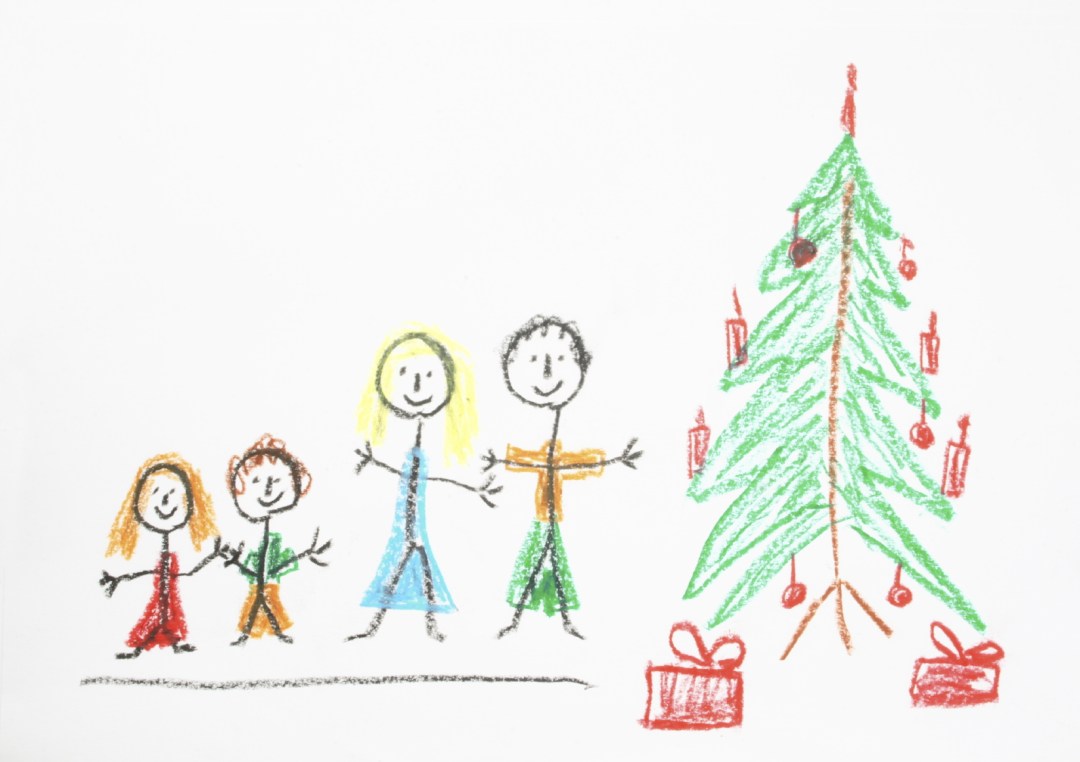(Un)traditional family Christmas
How the traditional nuclear family is changing to encompass step-parents, half siblings and adopted children

Christmas is all about family, but what does that mean today? The majority of us no longer live in a nuclear family, and fewer will do so in the future. In its place, many different family models are blossoming.
As a child, the strongest of my when-I-grow-up wishes was my desire to have a family – more specifically, a nuclear family. Sadly, it didn’t work out that way and four years ago, those dreams were shattered when my husband left. Now, I’m a single parent whose child is part of another family, too, where his dad has another wife and another child – my son’s half-sister.
And so, far from being idyllic, the festive season in my household has involved spending Christmas Eve without my seven-year-old son while he stays with his dad as part of this other life.
But the reality in Britain in 2014 is that my family is a long way from being ‘different’ and that what we think of as normal is increasingly an anachronism. Statistics have tracked the decline of the nuclear family for decades now, and this trend is only set to continue. In its place we have increasingly complex structures: extended families including grandparents, parents, children, aunts and grandchildren; blended families, including children, step-children – even step-children from previous relationships, step-brothers and step-sisters; single-parent families; same-sex-parent families.
Is the nuclear family dying out completely, and what does this mean for the future of families in Britain? Here are a few facts from the Organisation for Economic Co-operation & Development's 2012 The Future Of Families To 2030 report:
- In 2012, the number of lone parents in the UK rose to almost 2 million for the first time
- 20% of people have considered breaking up with their partners over step-children
- 59% of people now see gay couples as a family
- 84% of families now define themselves as not being 'traditional'
How to negotiate modern families
1. Learn to accept your situation Agree with your ex-partner to talk about A, B or C. Don’t touch on any topics that are irrelevant to your child. Communicate by email and if you can’t let go of resentment, write a forgiveness letter to your ex so you can get it all down on paper – but don’t post it.
2. Put aside differences for family occasions like Christmas If you know that your ex is bringing their new partner, then bring a friend. Keep focused about your best intentions for your children.
3. Accept your child has new siblings Focus on the child, and remember that they have a right to a relationship with their siblings.
4. When there are issues with money and maintenance Go with the letter of the law on this one. Let the Children’s Services Authority deal with any issues and accept whatever is objectively put in place.
Photograph: iStock









